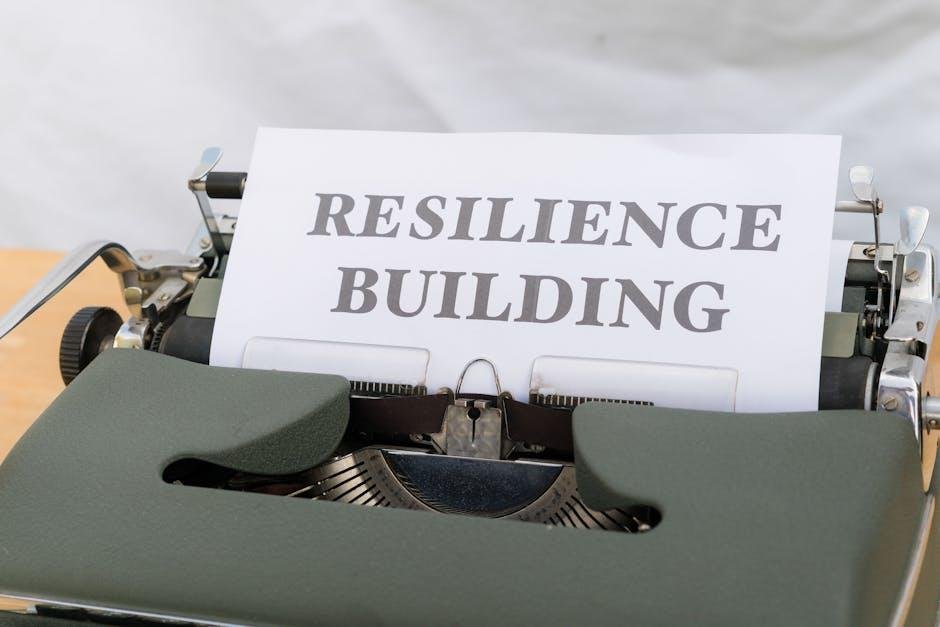Title: Silence the Inner critic: A Guide to Overcoming Negative Self-Talk and Boosting Confidence
In the quiet corners of our minds, a persistent voice often takes up residence—a voice that casts doubt, magnifies flaws, and whispers words of defeat.This inner critic may seem like a loyal companion, but it can stifle our potential and cloud our self-worth. Negative self-talk is not merely a fleeting thought; it is a powerful narrative that shapes how we perceive ourselves and our capabilities. Though, by acknowledging and challenging this inner dialog, we can reclaim our confidence and reshape our outlook on life. In this article, we will explore practical strategies to silence that inner critic, replace it with a kinder voice, and foster a stronger sense of self. Let’s embark on a journey towards a more empowering outlook, where confidence flourishes and our true selves shine.
Exploring the Roots of Negative Self-Talk and Its Impact on Confidence
Negative self-talk often stems from deeply ingrained beliefs and past experiences that shape our self-perception. It may arise from external influences such as critical family members, peer pressure, or even societal standards. As these narratives take root, they can morph into a persistent internal dialogue that questions our worth and capabilities. Recognizing the origins of this self-defeating chatter is crucial for dismantling its hold on our confidence. By identifying common triggers, individuals can begin to understand how external messages about success, appearance, and competence have influenced their inner voice.
The impact of negative self-talk is profound, affecting emotional well-being and mental health. It can lead to a cycle of self-doubt that diminishes motivation and hinders personal growth. Consider the following effects:
- Increased anxiety: Constantly second-guessing oneself can heighten feelings of stress.
- Reduced performance: A lack of belief in one’s abilities may limit opportunities for success.
- Isolation: Those who engage in negative self-talk may withdraw from social interactions, fearing judgment.
Breaking the cycle requires conscious effort and strategies tailored to reshape thought patterns. Techniques like positive affirmations, mindfulness practices, and cognitive reframing can be powerful tools. For example:
| Technique | Description |
|---|---|
| Positive Affirmations | Simple, uplifting statements that reinforce self-worth. |
| Mindfulness | Practicing awareness to observe negative thoughts without judgment. |
| Cognitive Reframing | Challenging negative thoughts and replacing them with empowering ones. |
By embracing these approaches, individuals can overcome detrimental self-talk, fostering a healthier mindset and enhancing their confidence in various aspects of life.

Practical Techniques to Challenge and Reframe Toxic Thoughts
Challenging negative self-talk is essential for nurturing a positive mindset. One effective technique is to practice mindful awareness. When you notice a toxic thought creeping in, pause and acknowledge it without judgment. Ask yourself probing questions such as: “Is this thought based on facts?” or “How would I advise a friend in this situation?” this approach allows you to create space between yourself and your thoughts, making it easier to assess their validity. To enhance this process, try writing down these thoughts and reframing them. Rather of thinking, “I always fail,” rephrase it to “I have faced challenges before and can learn from this experience.”
Another technique includes visualization. This involves picturing yourself successfully navigating a situation that triggers negative self-talk. Spend a few minutes each day visualizing yourself overcoming obstacles and celebrating your strengths. Additionally, you can create an affirmation board—a physical or digital collection of positive affirmations tailored to counteract your common negative thoughts. Fill it with phrases such as “I am capable,” “I am worthy of success,” and “I choose to focus on my progress.” Place this board where you can see it daily, reinforcing positive self-dialogue and gradually drowning out toxic thoughts.

Cultivating a Positive Mindset Through Affirmations and Self-Compassion
Positive affirmations are powerful tools that can reshape our inner dialogue and pave the path to enhanced self-worth. By consistently repeating affirming statements, we can rewire our brains to focus on strengths, achievements, and potential rather than limitations. Consider integrating the following affirmations into your daily routine:
- I am enough.
- I embrace my uniqueness.
- I am worthy of love and respect.
- I have the power to create change.
In tandem with affirmations, the practice of self-compassion can considerably diminish negative self-talk. Rather than criticizing ourselves for perceived failures, it’s essential to treat ourselves with kindness and understanding. Reflecting on the moments of struggle, one might use self-compassion phrases to shift perspective, such as: “It’s okay to make mistakes—everyone does,” or “I am learning and growing every day.” this mindset not only fosters resilience but also encourages a healthier relationship with oneself.

building Resilience: strategies to Maintain Confidence in the Face of Adversity
to navigate through challenging times and emerge stronger, it’s essential to cultivate a mindset rooted in resilience. Overcoming negative self-talk, which often clouds our confidence, begins with identifying and reframing these inner dialogues. Practicing positive affirmations can serve as a powerful antidote; by replacing critical thoughts with constructive ones,we can shift our focus from self-doubt to self-acceptance.Here are a few strategies to combat negativity:
- Identify Triggers: Recognize the situations or emotions that lead to negative self-talk.
- Shift Perspectives: Challenge the validity of negative thoughts by asking yourself if you’d say the same to a friend.
- practice Gratitude: Keep a daily journal, noting things you appreciate about yourself and your achievements.
Moreover, building resilience involves actively fostering a supportive environment. Surrounding yourself with individuals who uplift you can significantly influence your outlook on adversity. Creating a system of accountability and encouragement is crucial for maintaining confidence.Consider the following:
| Supportive Actions | Benefits |
|---|---|
| Engage in group activities | Boosts morale and provides camaraderie. |
| Seek mentorship | Gains insights and perspectives from experienced individuals. |
| Regular self-reflection | Enhances self-awareness and emotional intelligence. |
Final thoughts
As we conclude our journey through the labyrinth of negative self-talk and the path toward heightened confidence, it’s essential to embrace the power of your inner dialogue. Each thought, like a brushstroke on the canvas of your mind, contributes to the portrait of who you are. By recognizing and reshaping the narrative you tell yourself, you can shift from a landscape of doubt to a masterpiece of self-assurance. remember, the battle against negative self-talk is not won in a day; it’s a continuous process of growth and self-discovery.
So, arm yourself with positivity, practice compassion towards yourself, and celebrate every small victory along the way. By nurturing your confidence and silencing the inner critic, you can unlock a more vibrant and fulfilled version of yourself. The canvas is yours to paint—make it a reflection of strength, resilience, and unwavering self-belief. Step boldly into the world, as you are more capable than you know, and remember: the voice within can be your greatest ally.

